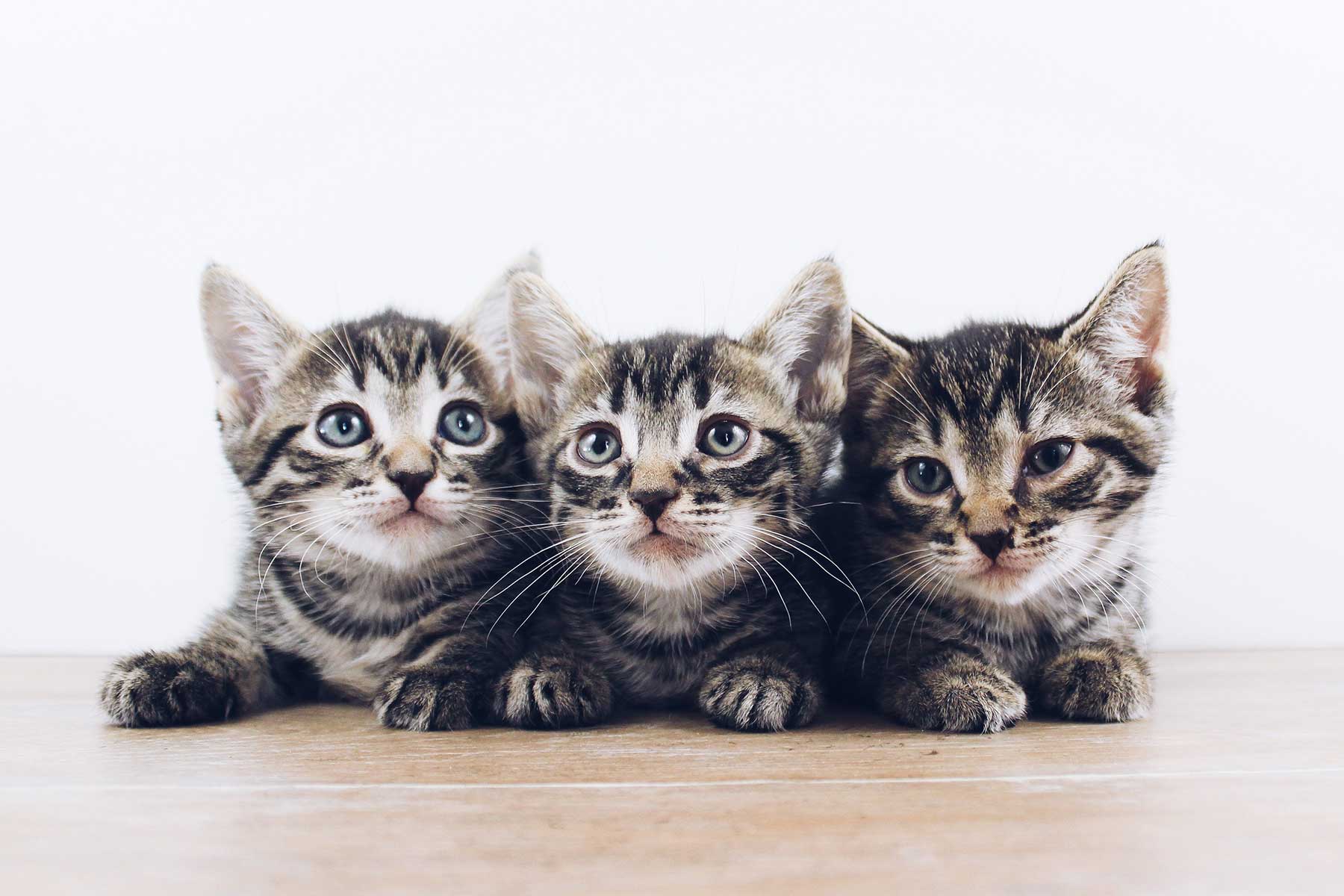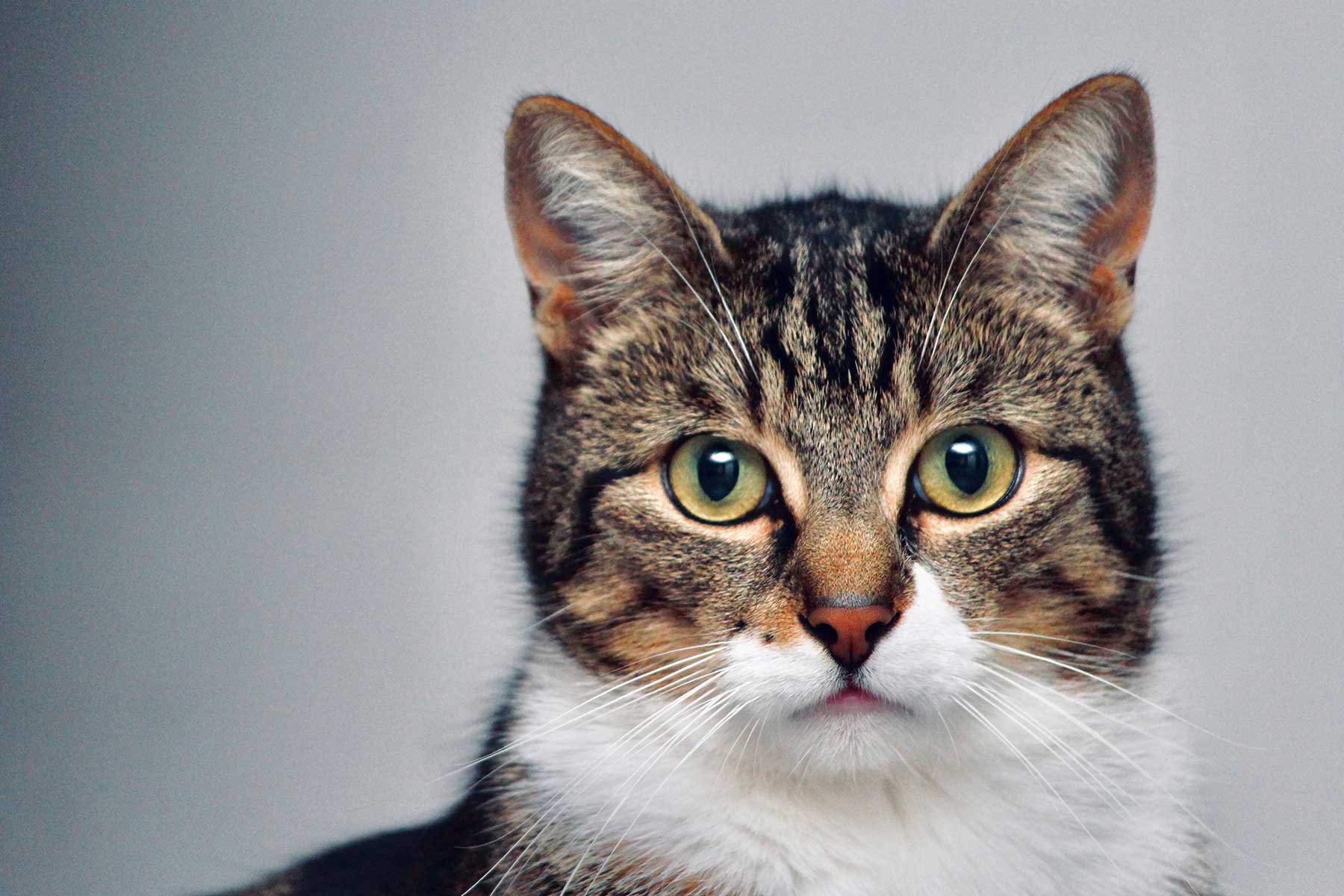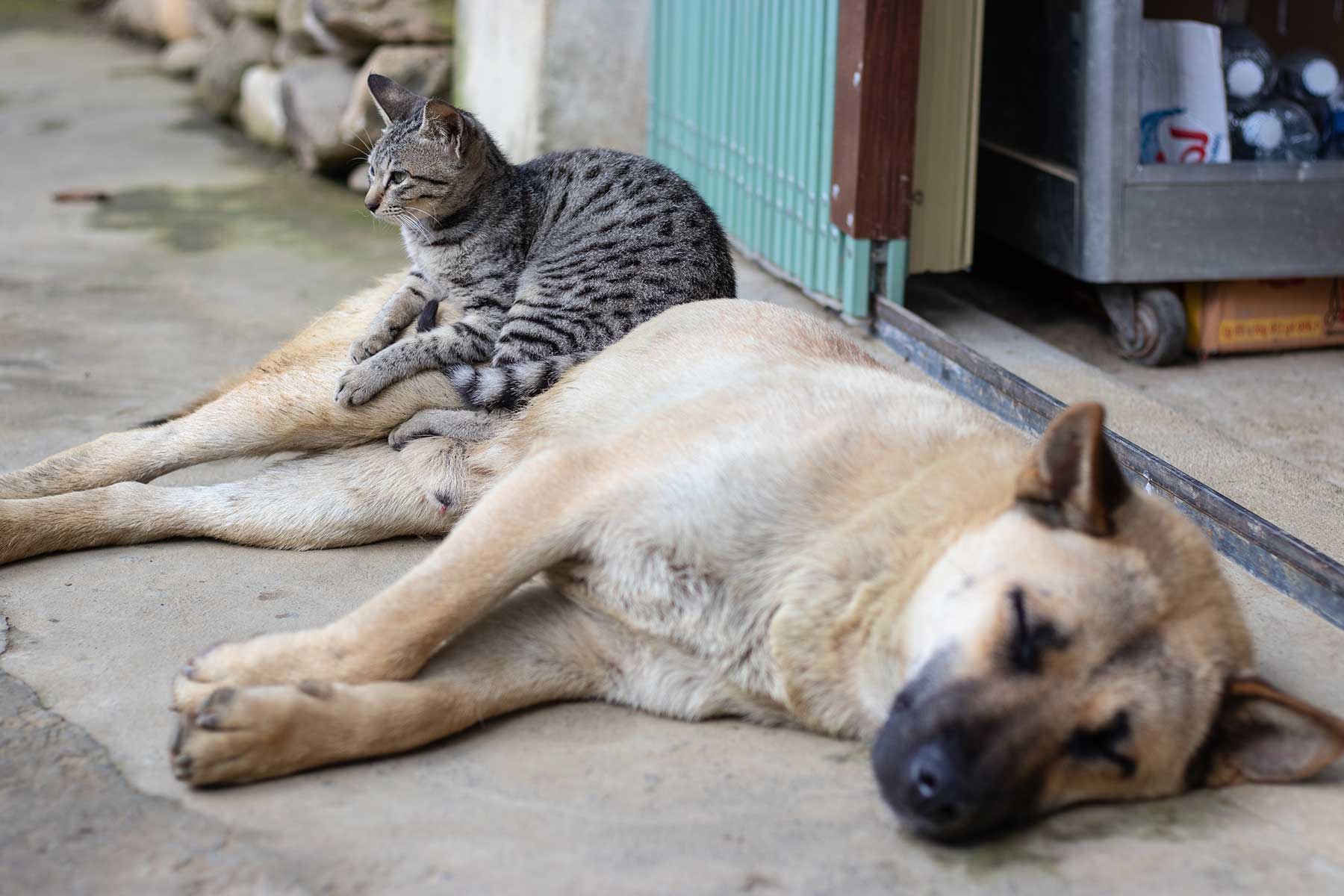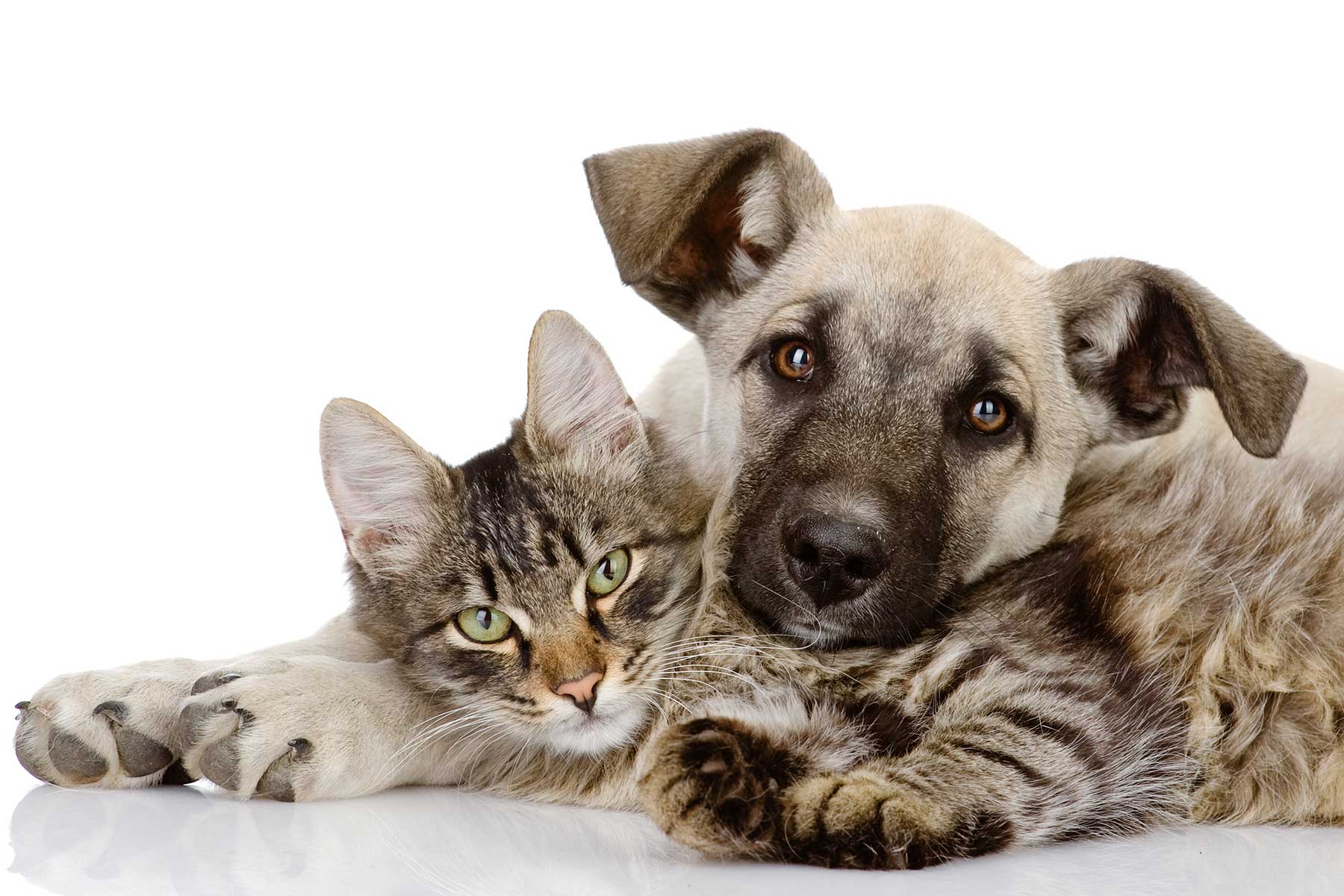The feline immunodeficiency virus (FIV) was first discovered in 1986, following a study of a cattery in the United States. This group of cats were found to be unwell as a result of infections that other cats could easily recover from. It seemed to be very similar to another newly discovered virus in people call human immunodeficiency virus (HIV).
As the names suggest there are many similarities between the feline and the human form of this virus. There are however, some key differences in the way the viruses are spread and also the number of variants. Their close relationship means that research into each form of the virus provides valuable information on the other and the more knowledge collected, the better the understanding and hopefully the closer it is to one day finding a cure for both forms.
It is very important to note that these viruses are species specific. This means that FIV can only infect cats and HIV can only infect humans. Ie humans cannot be infected with FIV or vice versa.
What are FIV and HIV?
FIV and HIV are from the same family of viruses known as retroviruses, and can be further classified as lentiviruses. The term retrovirus refers to a virus that is unable to replicate on it’s own, but must enter a host cell and trick the cells own DNA to make copies of the virus, while damaging and destroying the cell in the process. In the case of FIV and HIV it is the inflammatory cells or T-cells of the body that are affected. These are the cells that are the first line of defense for the body and help to initiate the immune response. Damaging these cells means that any infection entering the body can quickly cause disease with no opposition. Often these are organisms that the body would normally be able to cope with such as normal gut bacteria. When severe illness occurs, this is termed AID’s (Acquired Immunodeficiency syndrome).
The lenti part of lentivirus refers to the virus lying dormant or in waiting in the body. Both FIV and HIV have variable times between when infection occurs to when the immune system is so damaged that it cannot fight off opportunistic infections. In cats the average time between infection and the development of clinical signs is 7 years but may be any time from 1 to 10 years.
How are FIV and HIV spread?
FIV and HIV are concentrated in the body’s secretions in variable amounts. In FIV positive cats there is a high concentration in the saliva, thus deep bite wounds during cat fights is the main mode of transfer. In humans the virus is spread through sexual contact and drug use (virus is present in only low levels in the saliva). In both humans and cats, the viruses are spread from mother to offspring across the placenta and through the milk.
How do I prevent the spread of and protect my cat from FIV?
As cat bites are the main way of transferring the virus, avoiding cat fights is the main way to prevent the spread of FIV.
Options to consider include:
- Keeping cats inside or within an outdoor enclosure
- Sterilising cats so they are less likely to go looking for a mate and less likely to fight with other cats
- FIV test any new additions to a multi-cat household before they join the family
- FIV test queens prior to breeding to ensure they will not be passing on the virus to their offspring.
- Vaccinating against FIV – see information below.
What vaccinations are available?
The recent development of an FIV vaccine to help protect cats against contracting the virus is exciting, but as of yet the equivalent vaccine is not available for humans against HIV. The main reason for this is that there are only 5 sub-strains of the FIV virus (A, B, C, D and E). Comparatively HIV has a very high genetic variability and a rapid mutation rate making it difficult for a vaccination (as yet) to keep up with the virus mutations.
The FIV vaccination requires three initial doses 2-4 weeks apart and then an annual booster. The vaccine is recommended as an aid in the prevention of infection with FIV. It can be administered to cats as young as 8 weeks old and provides protection for a period of 12 months.
To ensure your furry friend can live a long, healthy life it’s essential to vaccinate your cat. Please contact a local vet near you to discuss FIV testing and vaccination.











